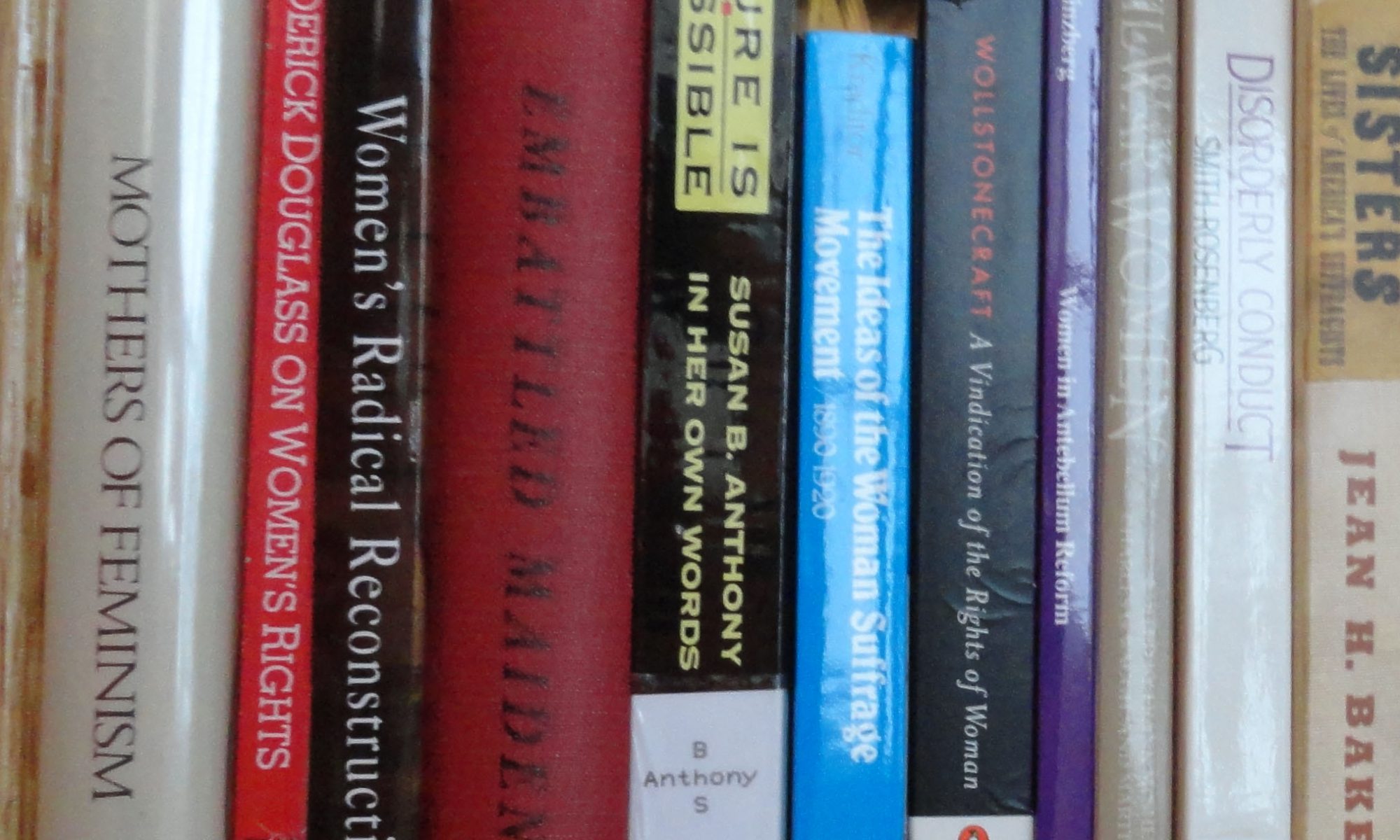 “What a censorious world says of me, cannot offend me or permanently hurt me. Was it to commend me, it would do me no real service…I’d rather have an unspotted conscience.”
“What a censorious world says of me, cannot offend me or permanently hurt me. Was it to commend me, it would do me no real service…I’d rather have an unspotted conscience.”
Judith Sargent Murray (1751 to 1820) was the most prominent woman essayist of her time. She was also a poet, a playwright, and a novelist. Her play The Medium or The Tea-Party was the first play written by an American to be performed at Boston’s Federal Street Theater. Alhough her brother was well-educated she was like most women of her time mostly self-taught. She was an avid reader, and a “scribbler” of poetry from childhood. She was one of the early Unitarian Universalists and played a major role in the church, writing its first catechism. After her first husband died, she married John Murray, head of the Unitarians in Boston.
Under a pseudonym she wrote columns for local newspapers. As “The Gleaner” she wrote from a male perspective on numerous topics, such as citizenship and patriotism. The Gleaner essays were published in book form in 1798 and earned her a place as leading author of the period. John Adams and George Washington numbered among her readers.
Her particular focus throughout her career was on female education and abilities. Her essay On the Equality of the Sexes was written in 1779 ten years before Mary Wollstonecraft’s Vindication of the Rights of Women, although not published in Boston until 1790. However, that was still two years before Wollstonecraft. The following except is from this essay:
Yes, ye lordly, ye haughty sex, our souls are by nature equal to yours, the same breath God animates, enlivens, and invigorates us; and that we are not fallen lower than yourselves, let those witness who have greatly towered above the various discouragements by which they have been so heavily oppressed; and though I am unacquainted with the list of celebrated characters on either side, yet from the observations I have made in the contracted circle in which I have moved, I dare confidently believe, that from the commencement of time to the present day, there hath been as many females, as males, who, by the mere force of natural powers, have merited the crown of applause; who, thus unassisted, have seized the wreath of fame. I know there are those who assert, that as the animal powers of the one sex are superior, of course their mental facilities also must be stronger; thus attributing strength of mind to the transient organization of this earth born tenement. But if this reasoning is just, man must be intent to yield the palm to many of the brute creation, since by not a few of his brethren of the field, he is far surpassed in bodily strength. Moreover, was this argument admitted, it would prove too much, for ocular demonstration evinceth, that there are many robust masculine ladies, and often effeminate gentlemen…Besides were we to grant that animal strength proved anything, taking into consideration the accustomed impartiality of nature, we should be induced to imagine that she had invested the female mind with superior strength as an equivalent for the bodily powers of man.

This was very interesting! I didn’t know anything about Judith Sargent Murray but I am very glad to have read this about her here.
I had heard about her, but didn’t know that her women’s writings predated Wollstonecraft’s. That’s something that needs to be more widely known, I think.